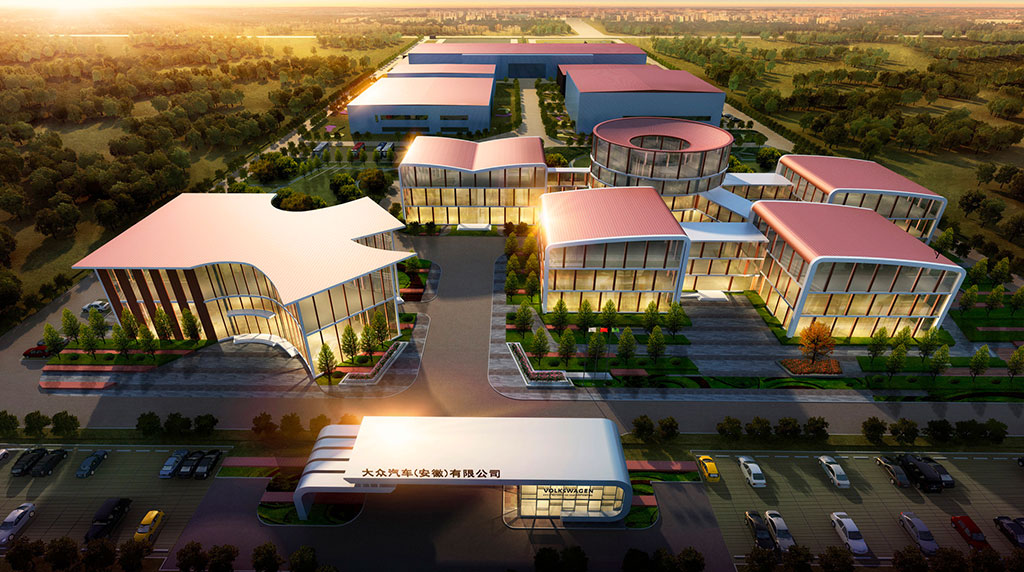At the same time, the company said it would reduce its spending on combustion engines (ICEs).
According to Automotive News, more than two-thirds of the five-year investment budget — 122 billion euros ($A200b) — is allocated toward EVs and software as the group, whose brands include Porsche, Audi, Bentley, Volkswagen and Skoda “intensifies a push to challenge Tesla’s leadership on EVs.”
Volkswagen Group CEO Oliver Blume said at the company’s annual press conference this week that: “We have set clear and ambitious targets and taken necessary decisions to streamline processes.”
“This year will be a decisive year for executing strategic goals and accelerating progress across the group.”
Volkswagen’s is increasing spending on its EV plan by 13 per cent compared with its last annual update.
AN said that the difference from the previous plan “is primarily down to more investment in its battery business, raw materials, and a $US2 billion ($A3b) plant in South Carolina for its Scout (EV SUV and ute) brand,” it said quoting the company’s chief financial officer Arno Antlitz.
“We expect to reach 20 per cent electromobility in new sales from 2025 and are already investing two-thirds in that area,” Mr Antlitz said.
“On the other hand we need to keep combustion engines competitive … that is a double burden.”
Volkswagen’s investment in ICE technology will peak in 2025 when the European Union enforces more stringent Euro 7 emissions regulations. ICE investment will then decline as the company works toward its target of 50 per cent all-electric sales globally by 2030.
Volkswagen said it is finalising high-performance software for its premium and luxury brands. This software could then be trickled down to other brands.
The company’s software division, Cariad, is seen to be struggling under demands for increased services and productivity.
AN said that Cariad is operating over its budget and is behind on its goals. Quoting from Volkswagen’s annual report released this month, it said Cariad was “suffering an operating loss of 2 billion euros ($A3.2b) in 2022 on revenue of 800 million euros ($A1.3b).”
Volkswagen is also investing in China, its biggest market, to improve competitiveness with domestic models to help stop a fall in China’s market share, particularly among EVs.
AN quoted an analyst from US-based Bernstein Research, Daniel Roeska, who said that the huge investments by Volkswagen in the EV battery business and spending on combustion engines to keep up with emissions regulations “will present a key worry for investors” who are concerned about cash flow.
Volkswagen this month has announced plans to build a battery plant in Canada — its first outside Europe – as the company seeks to fast-track an expansion in the US market.
The company earlier this month presented an optimistic outlook for 2023 despite ongoing supply chain challenges.
Compared with 2022, it is forecasting a 10 to 15 percent rise in revenue to 330 billion euros ($A530b) on 14 per cent higher deliveries, equating to 9.5 million vehicles.
Profit in 2022 rose across all brands including mass-market marques Skoda, Seat and Volkswagen which combined had an operating profit gain to 4 billion euros ($A6.4b) in 2022, up from 3.5 billion euros ($A5.6b) the previous year even as deliveries declined.
By Neil Dowling













 Read More: Related articles
Read More: Related articles

